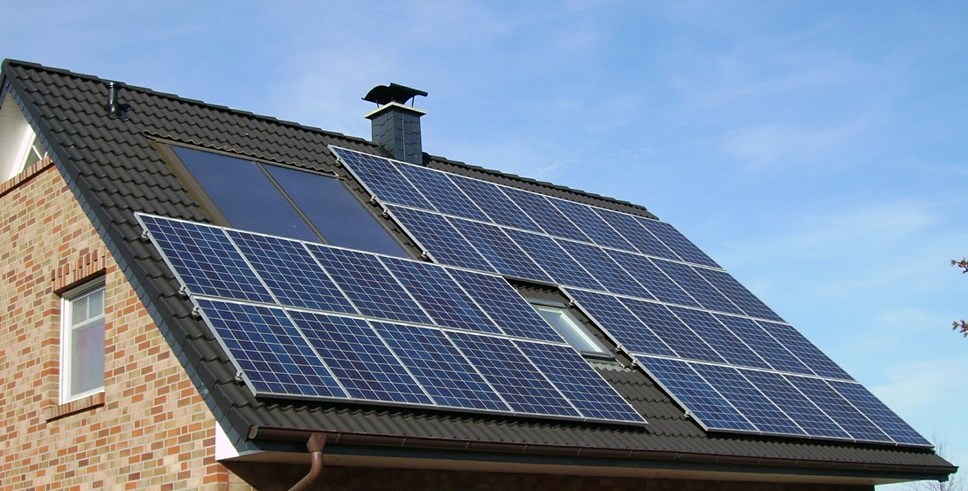
CDC Cabinet proposes low-carbon leadership role for Cotwolds
“Solar Neighbourhoods” and the bulk-buying of renewable energy are two of the proposals in Cotswold District Council’s Climate Emergency Strategy, as the Council’s Cabinet approved plans to reduce carbon use across the district.
The Cabinet member responsible for Climate Change and Forward Planning, Councillor Rachel Coxcoon, describes the strategy as “ambitious but realistic”. It will be debated by full Council on 23 September.
Cllr Coxcoon said: “The response of individuals and the country as a whole to Covid-19 has shown how dramatically we can respond to a sudden crisis. Working practices were transformed overnight. The challenge with the climate emergency is whether we are capable of making changes in our behaviour and economy that are every bit as vital but will play out over decades. I believe we can. ”
A meeting of Cotswold District Council in July 2019 unanimously declared a climate emergency and the strategy describes the role that the council can play in reducing CO2 both in its own activities and more importantly across the district as a whole.
The council itself accounts for roughly 0.4% of the CO2 produced in the district. It aims to reduce its own CO2 production by two thirds over the next ten years and then reduce it to zero by 2045, without using carbon offset tactics.
Cotswold District as a whole emitted 605,000 tonnes of greenhouse gases (CO2e) in 2018, equivalent to the emissions from burning about one and a half Cirencester leisure centre-sized pools of diesel every day. Just under half of this is from road travel (diesel and petrol), a third is from gas and other fuels for heating homes and workplaces, and 15% is from electricity for homes and workplaces.
Cllr Coxcoon, added: “Moving to a zero-carbon council will not be easy but it is comparatively straightforward compared to the real challenge the council faces in reducing carbon across the district as a whole. The strategy sees a role for the council as a low carbon leader for the district, providing advice and incentives for businesses and residents to reduce their carbon use.
“It’s important that we both understand our role in Britain meeting its obligations under the Paris Climate Accord, and that we are still not on track as a nation to get our carbon emissions down fast enough. That said, I feel hopeful that we can make changes that will benefit everyone and progress in some areas has been extraordinary. There have been days this summer when 70% of the national grid was powered by renewable energy. That would have seemed incredible a decade ago.”
Proposals contained within the strategy include:
- Accelerating the uptake of electric vehicles the use of electric vehicles
- Creating Solar Neighbourhoods
- Developing and supporting community energy initiatives, so that residents can invest in, and benefit from, locally generated renewable energy
- Putting zero carbon policies at the heart of a revised Local Plan.
- Encouraging retrofit of existing housing to reduce the CO2 emissions of our homes while making them more resilient to heatwaves.
